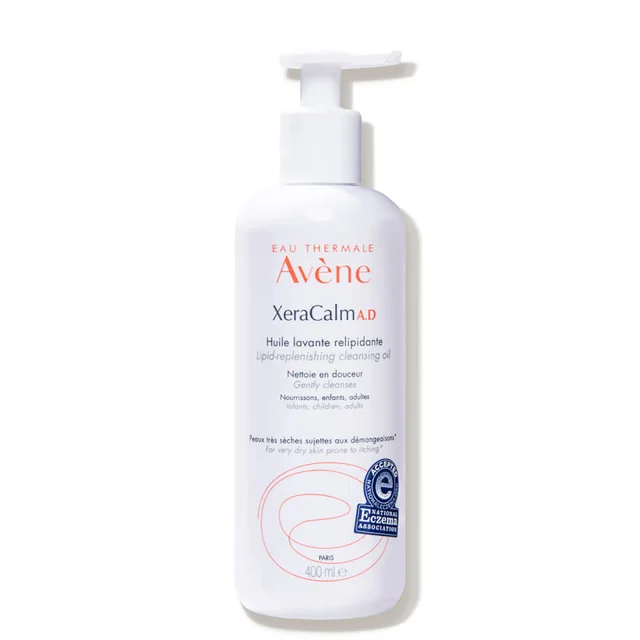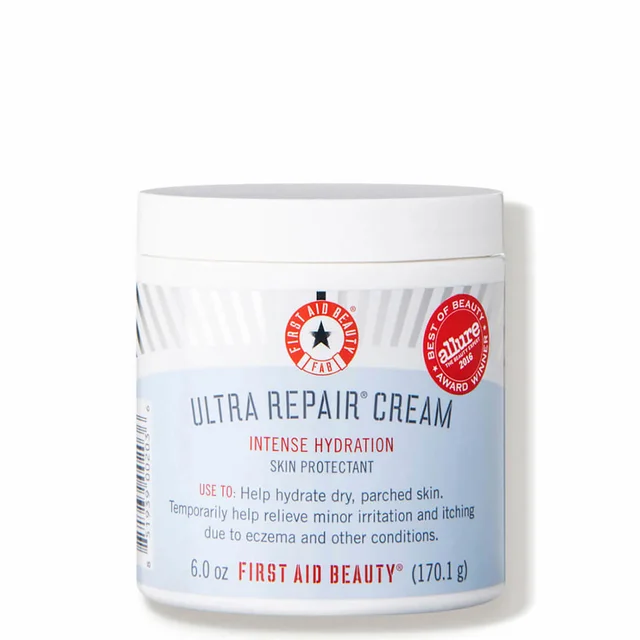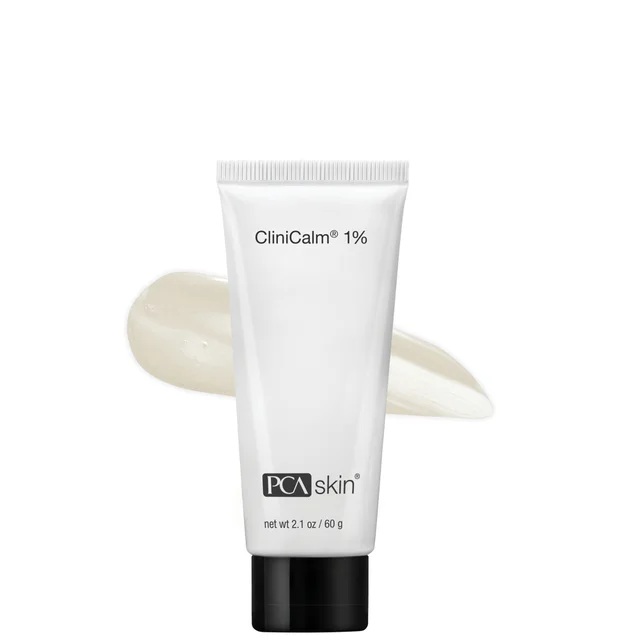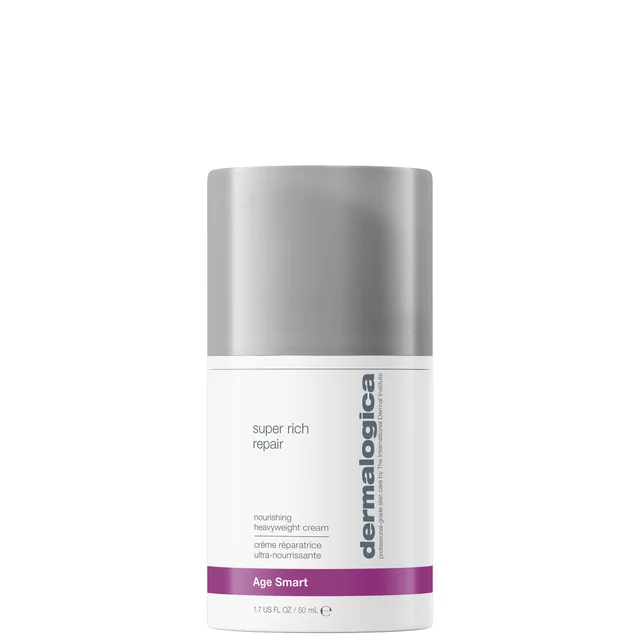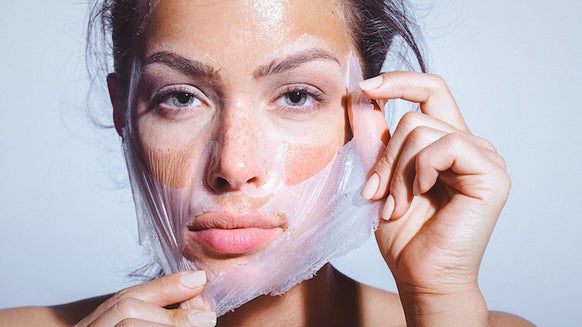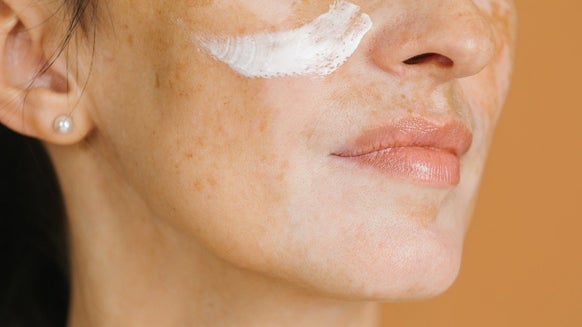Understanding Eczema: What Is It, and Can I Get Rid of It?
Common Questions About Eczema and Treatments
1. What is eczema?
In simplest terms, eczema (also known as dermatitis) is a condition that causes a person’s skin to become red and itchy. It may start as a simple rash, but when scratched the skin becomes inflamed and even more red. While eczema typically first occurs during infancy and childhood, flare-ups can happen at any age.
Even though it appears in the form of itchy, flaky and dry skin, eczema is actually caused by too much yeast within the gut—explains Ben Johnson, M.D. The yeast/toxins get pushed out through the skin, which is when you'll start noticing the symptoms.
2. Is it contagious?
Eczema is not contagious like the common cold, which means being near someone with it does not put you at risk.
3. How does someone get eczema?
While the exact cause of eczema isn’t known, there are a few things that the medical community has discovered. First, you are more likely to have eczema if a family member does. Also, certain things can kindle an eczema flare-up, including skin irritants, stress and allergens like food or animals.
4. What are some of the most common eczema symptoms?
It’s important to first note that symptoms will vary from person to person. The most common indication that people start with is usually dry and extremely itchy skin in places like elbow creases, the back of the knees, the face and the neck. Other symptoms can include:
- Patches of red or brownish skin in the affected area(s)
- Bumps that can leak a clear fluid
- Dry skin that appears scaly
- Increased sensitivity or swelling of the skin
That being said, there are quite a few different types of eczema, and being able to determine what kind you have can makes it easier to manage. It’s so important to consult with your doctor or a dermatologist to get a definitive diagnosis since the symptoms are not always conclusive. For example, itchy, red, flaky skin could be caused by rosacea, eczema, seborrheic dermatitis or something else.
How to Take Care of Your Skin If You Are Prone to Eczema
While there is currently no known cure for eczema, it is very possible to manage the symptoms. However, each person will take to certain treatment methods, products or medications differently, so you may need to explore a few options before you find something conducive to your situation. Below are a few Dermstore recommendations that might help tame your eczema.
2. Avene XeraCalm A.D Lipid-Replenishing Cleansing Oil (13.52 fl. oz.)
3. First Aid Beauty Ultra Repair Cream (6 oz.)
4. PCA SKIN CliniCalm 1% (2.1 oz.)
5. Dermalogica AGE Smart Super Rich Repair (1.7 fl. oz.)

From the latest hair and makeup trends to the best solutions for your skin issues, we've got all your beauty concerns covered!
